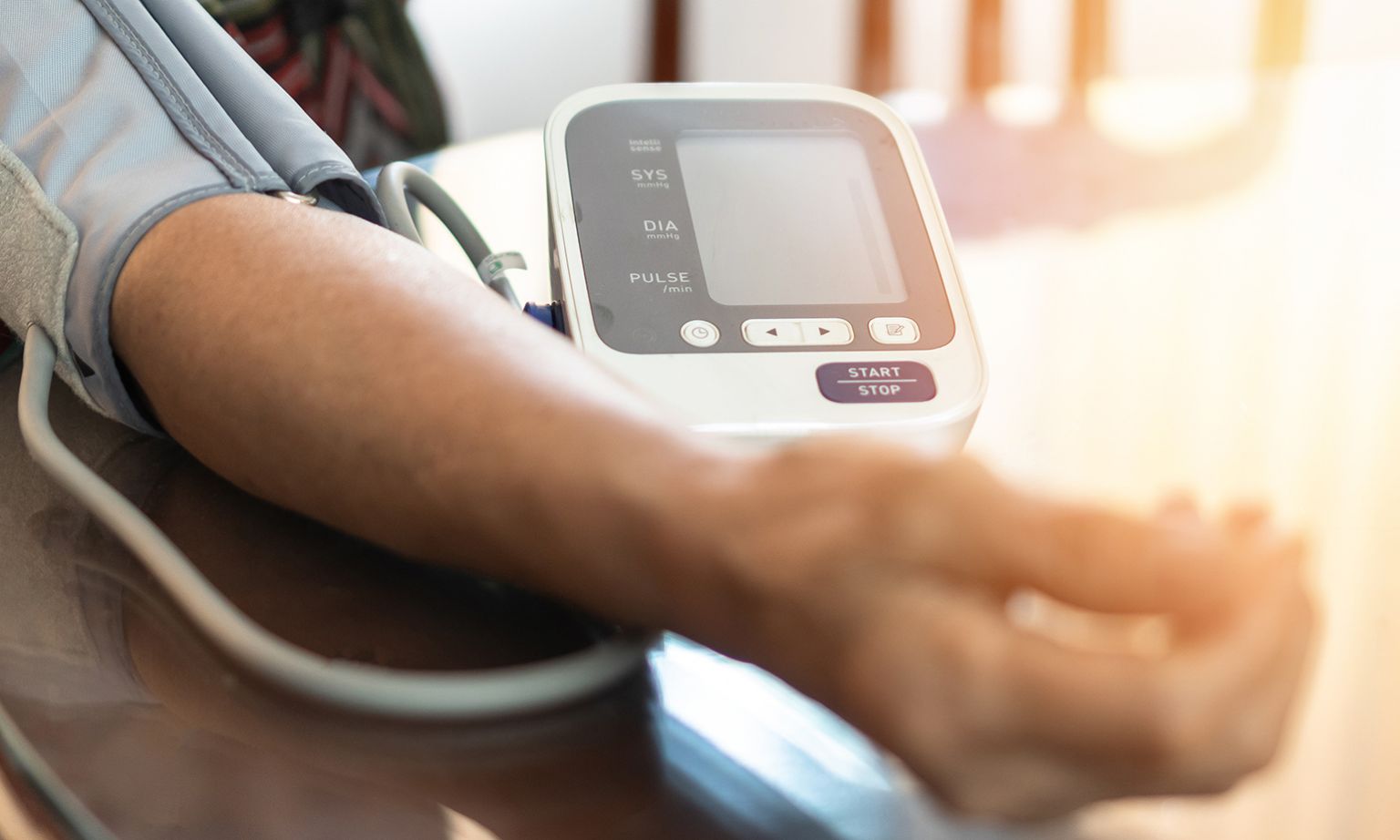Suppose you do not yet have new-onset hypertension or haven’t been screened but are concerned that you may be at risk. In that case, some clinical clues and lab tests will help predict that risk: Take the quiz below and add total points to determine your risk. If your score is a moderate-to-high risk (8 or higher), come to DMMC Ngara for Free blood pressure screening.
RESULTS
-A score of 15 or more is a high risk for having or developing high blood pressure
-A score of 8–15 is a moderate risk for having or developing high blood pressure
-A score of 0–7 is a low risk for having or developing high blood pressure
Your Score
- Genetics:
If one of your parents had high blood pressure, you have a 25%
chance of developing high blood pressure yourself. If both parents had high blood pressure, the risk is 50% that you will have high blood pressure. If your parents or a sibling developed high blood pressure before 50 years, then your risk is even higher to build hypertension but also at an earlier age.
-SCORE POINTS FOR ONE PARENT – 3
-POINTS FOR BOTH PARENTS – 6
-POINTS FOR PARENTS OF SIBLINGS WITH HYPERTENSION BEFORE AGE 50 – 7 - Race:
-African-American or Hispanic POINTS – 2
-Caucasians, Asians, Indians, Native Americans: POINTS – 1
-Gender: Male: 2 POINTS FEMALE: 1 POINT
-Age: over 60: 1 POINT
-Resting heart rate over 80 beats/min at rest: 1 POINT
-Abnormal blood glucose such as fasting or post-meal glucose or hemoglobin A1c (HbA1c) or fasting serum insulin: 1 POINT
-Kidney disease and loss of protein and albumin in the urine: 2 POINTS
-Overweight or obese: 2 POINTS-
-Hypertensive response to exercise. Systolic blood pressure over 200 mm Hg: 2 POINTS
-White coat hypertension (WCH): your blood pressure is elevated in the doctor’s office but is normal at home out of the doctor’s office: 1 POINT
-Masked hypertension (MH): your blood pressure is elevated at home out of the doctor’s office but is normal in the doctor’s office: 1 POINT
-Alcohol abuse: excessive alcohol consumption of over 20 g/day in men and 10 g/day in women: 2 POINTS
-Medications and drug abuse: (alcohol, caffeine, nicotine) 1 POINT
-Tobacco use of any kind and smoking: 1 POINT
-Poor diet with high sodium, low potassium, low magnesium, not enough fruits and vegetables, not enough quality protein, too much trans fats and certain saturated fat, too much sugar, refined carbohydrates and starches, and possibly caffeine: 3 POINTS
-Too much emotional stress, anxiety, hostility, or depression: 2 POINTS
-Low or no income: 1 POINT
-Less education (Primary School): 1 POINT
OTHER SECONDARY CAUSES OF HYPERTENSION
-Diabetes – damage to the kidneys (diabetic nephropathy). Diabetes can damage your kidneys’ filtering system, leading to hypertension.
-Polycystic kidney disease. This is a genetic condition where cysts in your kidneys prevent them from working normally, leading to kidney failure and hypertension.
-Glomerular disease. Your kidneys filter waste, sodium, and other compounds using microscopic-sized filters called glomeruli that may become damaged or leak, leading to hypertension.
-Renovascular hypertension. The arteries to the kidneys become narrowed or blocked. Renovascular hypertension is often caused by fatty plaques (atherosclerosis) or due to the muscle and fibrous tissues of the renal artery wall that thickens and forms rings (fibromuscular dysplasia).
-Cushing syndrome. Overuse of corticosteroid medications or excess production of the ACTH (adrenocorticotropic hormone) from a pituitary tumor or overproduction of cortisol from the adrenal glands increases blood volume and causes hypertension.
-Aldosteronism. A growth (tumor) in one or both of the adrenal glands and increased growth of normal cells (hyperplasia) in one or both of the adrenal glands cause the adrenal glands to release an excessive amount of the hormone aldosterone. This makes your kidneys retain salt and water and lose potassium, which causes hypertension.
-Pheochromocytoma. This is a rare tumor that is usually found in an adrenal gland which increases the production of the hormones adrenaline and noradrenaline, leading to severe and labile (blood pressure spikes) hypertension. Symptoms may include headache, fast heart rate, skipped heartbeats and sweating.
-Thyroid problems. If the thyroid gland (located in your neck) does not make enough thyroid hormone (hypothyroidism) or produces too much thyroid hormone (hyperthyroidism), then hypertension may occur.
-Acromegaly (gigantism): This occurs due to the brain’s overproduction of growth hormone by the pituitary gland.
-Hyperparathyroidism. The parathyroid glands are positioned in your neck behind the thyroid gland and regulate calcium and phosphorus levels in your blood and tissues. Suppose the glands secrete too much parathyroid hormone. In that case, calcium in your blood rises, phosphorus falls, and blood pressure increases.
-Coarctation of the aorta. This disease usually occurs at birth, when the body’s main artery (aorta) is narrowed (coarctation). This forces the heart to pump harder to get blood through the narrowing and to the rest of your body. The leg blood pressures are lower than it should be compared to the arm blood pressure.
-Sleep apnea (OSA or obstructive sleep apnea) is associated with severe snoring. Breathing repeatedly stops and starts during sleep, causing you not to get enough oxygen and increasing carbon dioxide. Sleep apnea causes the nervous system to be overactive and release adrenaline, noradrenaline, and cortisol, which increases blood pressure and causes arterial damage.
-Obesity increases blood pressure due to many factors. Fat tissue (adipose tissue), especially around the abdomen, makes over 45 “adipokines,” which are types of hormones and other compounds that cause inflammation, oxidative stress, salt and water retention, hypertension, and cardiovascular disease.
-Pregnancy. Pregnancy can worsen existing high blood pressure or cause high blood pressure to develop during pregnancy, such as pregnancy-induced hypertension, preeclampsia, or eclampsia.





